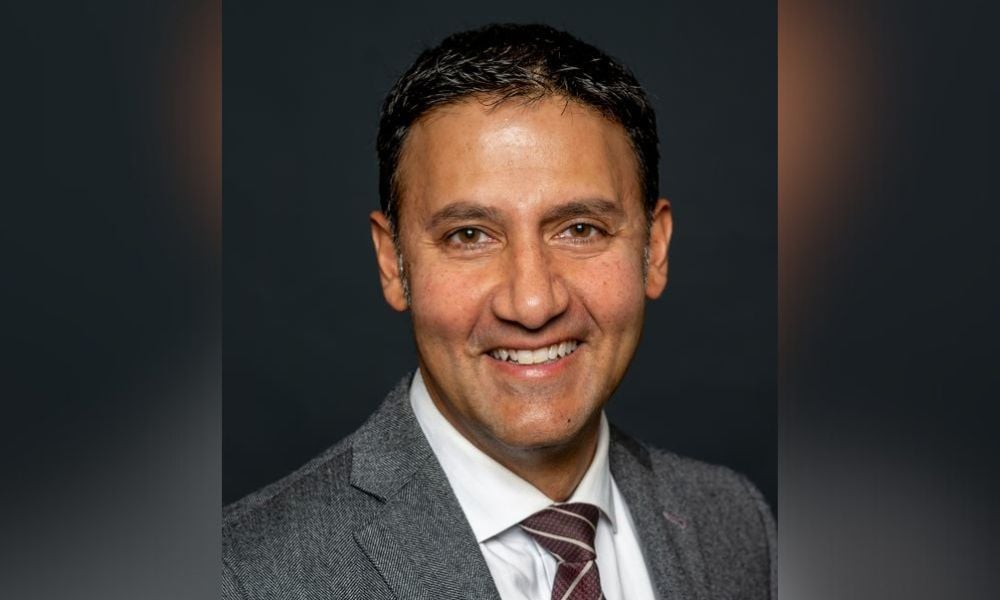Last year, I was very fortunate to have a talented young corporate lawyer with a sterling law firm background do a secondment with me in my in-house legal department.
Last year, I was very fortunate to have a talented young corporate lawyer with a sterling law firm background do a secondment with me in my in-house legal department. At one of our one-on-one meetings a few weeks into his new job, he recounted his struggle to gain the trust of business people, manage difficult business executives, handle multiple and simultaneous crises and cut costs. He paused for a moment, before asking me quietly, “Harpreet, is there a manual that will tell me how to do this job?” I just looked at him for three seconds and then laughed. Yet his question planted a seed in my brain: Could it be possible to articulate a framework that would, in fact, help in-house counsel to accelerate their performance?
The demand for an in-house lawyer’s manual has grown over the years, but the need has existed since the role has been around. The demands on in-house lawyers is increasing day by day from general counsel to the board secretary, senior executives, privacy officers and other executives. To succeed in this new climate, today’s in-house counsel must effectively become their own chief executive — able to communicate, inspire and build outstanding legal teams, identify and anticipate risks, formulate and execute strategy, implement procurement and technology pipelines, control costs, ensure efficacy and nurture culture and talent. After all of this, they are still expected to be a great lawyer and protect the organization from risk and litigation.
Frequently, lawyers get to the GC position precisely because they are great — even outstanding — lawyers. But what they sometimes lack are the other skills they need to succeed in their GC roles, especially in today’s era. Some of those other skills include: how to design and build a world-class team, how to develop a culture and nurture human capital, how to manage budgets, how to select smart technology, how to think of the long-term strategy of the organization. Today’s environment is certainly growing and changing. The complex environments that companies and their in-house lawyers and advisors find themselves in has raised the stakes for today’s GC. Pressures are growing, threats are more diffuse, corporate insurance is now more needed than ever and the costs of getting it wrong are rising. Internal demand for legal support is increasing, but legal department resources are shrinking. It’s difficult to see the opportunity in all of these caveats and perhaps a secondment lawyer may ask themselves, “Why would I do this job?” As Yuvraj Chhina, a transportation lawyer, mentor and principal at Fortis Law Practise, puts it, “New lawyers and students have to be the sponge to soak it up!”
The GC population is known to be a very seasoned group of people and it usually includes pretty senior lawyers sitting way up on the food chain. It is important to ensure that current GCs prepare, second, mentor and nurture the next wave of young lawyers who will some day take over the reins and that they know what the role involves — because there certainly isn’t a manual for it!
Harpreet K. Sidhu is general counsel, corporate secretary and privacy officer at Pethealth Inc. – A Fairfax Company. She advises in all areas of corporate compliance, litigation, general contracts, employment, mergers and acquisitions and patent and trademark matters. She also manages governance and regulatory compliance for the corporation and is responsible for in-house ethics programs, government affairs and public policy activities on domestic and international affairs.










